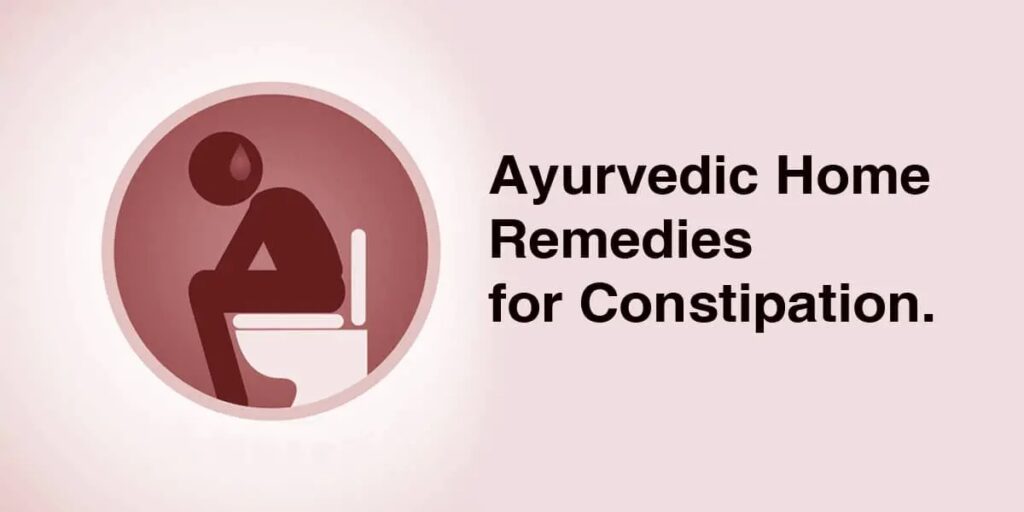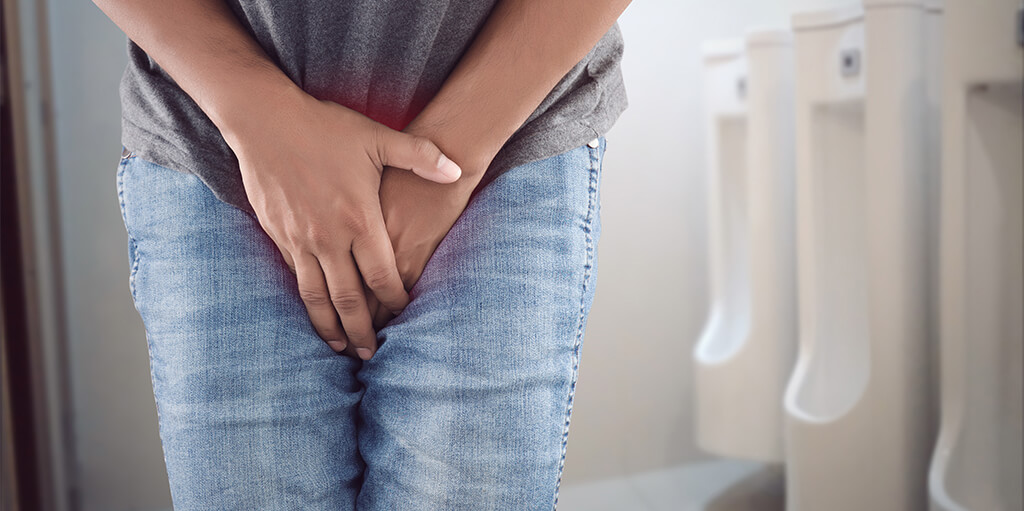Effective Remedies for Constipation in Ayurveda
Constipation is a common condition that affects almost everyone at some point in life. It is characterized by restricted bowel movements. Although it is common to have occasional episodes of constipation, difficulty in passing stools for several weeks is considered chronic constipation.
People with constipation may experience hard stools and strain too hard on the toilet seat. Some people may even experience intermittent symptoms wherein they feel blocked up and cannot empty their bowels daily.
Chronic constipation can cause stomach cramps, bloating, heaviness, and rectal pain due to excessive straining. Some not so common symptoms include nausea, reduced apetite and lethargy.
Signs and Symptoms of Constipation

- Bowel movement of fewer than three times a week
- Passing dry, hard stools
- Straining to pass stools
- Feeling as if you have not entirely evacuated your bowels
- Feeling as if there is a blockage in your rectum
- Need assistance to empty your rectum- like applying pressure on the abdomen
You suffer from chronic constipation if you have two or more of these symptoms for over three months.
Causes of constipation

Several factors may cause constipation. Although it’s common not to have bowel movements occasionally, you should consider making specific lifestyle changes if the condition persists. Knowing the causes of constipation might help you. So, let’s look at the possible reasons for constipation:
- Not drinking adequate water is one of the leading causes of constipation and hard stools
- Not eating enough fiber-rich foods.
- Lack of exercise and a sedentary lifestyle
- Chronic medication often leaves patients with digestive complications like bloating and constipation
- Frequent travelling, irregular eating and sleeping patterns can tip the digestive system off balance, leading to constipation
- Constipation may also occur because of an underlying condition called Lazy Bowel Syndrome, wherein the colon contracts abnormally to keep stools
- Constipation may be an issue among pregnant women who are perfectly healthy otherwise
- Endocrinological issues like hypothyroidism, diabetes, and uremia.
- Gut issues like Irritable Bowel Syndrome (IBS) and Crohn’s disease.
- Neurological issues like Parkinson’s disease, multiple sclerosis, or stroke.
- Weakened pelvic muscles.
Risk Factors
- Dehydration
- Pregnancy
- Old age
- Low physical activity
- Women have a higher risk of developing constipation
- Certain medications like sedatives, medicines that lower Blood pressure, iron supplements
- Consuming a diet low in fiber
- Eating disorders
Complications
- Piles or hemorrhoids – Straining hard may cause swelling of veins around the anus. It can occur inside or outside. External pile mass causes itching and pain during bowel movement. Internal pile mass leads to bright red streaked stools.
- Anal fissure – Hard, lumpy stools can cause tears in the anal skin. It is very painful, and you may see blood on your stools.
- Rectal bleeding- Bright, red stools after a bowel movement is due to rectal bleeding. It may be caused because of piles or anal fissures.
- Fecal impaction- Prolonged constipation might make the stools so hard that they cannot pass with regular bowel movements. This is fecal impaction. It is treated with medications or enemas.
- Children who avoid bowel movement because of straining and pain might suffer from stool leaking out, causing the soiling of clothes.
- In older adults, chronic constipation may cause obstruction of bowel or bowel perforation. This may be life-threatening.
Preventive Measures for Constipation
- Eat a diet that is rich in fiber.
- Don’t ignore the urge to pass stools
- Keep yourself hydrated. Drink 6-8 glasses of water a day.
- Create a regular schedule
- Avoid processed foods and alcohol
- Try to stay active and exercise regularly
- Coffee is a good stimulant of the gut, but people with IBS should be careful about their coffee intake
- Eat probiotic-rich food like yogurt
Constipation in Babies

Babies who are breastfed usually do not suffer from constipation. It is usually seen in babies who are formula fed, or once the baby starts solid food. This doesn’t mean that breastfed babies never have constipation. It is usual for exclusively breastfed babies to go several days to weeks without pooping, while breastfed babies usually pass stools once daily. If you notice the baby is straining hard, passes hard stools, is fussy, and the abdomen is distended, it might be because of constipation. In such cases, make adequate changes in the diet or consult your pediatrician to know more.
- If the baby has started solid foods, give whole grains, pureed prunes, and skinless fruits. Ensure the baby is well hydrated.
- Help the baby exercise by gently moving his legs in a cycling motion and encourage tummy time
- Do an oil massage before bath
- Bathing in warm water helps relax the abdomen and avoid constipation
Constipation in Ayurveda

According to Ayurveda, irregular bowel movements are caused by the imbalance of Apana Vata – the subtype of Vata that regulates downward movements. A diet that provokes Vata – light, dry and airy leads to Vata imbalance. In Ayurveda, suppressing vegas or natural processes like Flatus, consuming astringent, pungent food, not sleeping at night, or traveling is also said to cause Constipation.
To relieve constipation, Ayurveda focuses on correcting the vata imbalance using herbs or internal and external oleations. Internal oleation includes intake of herbal ghees or oils, and external oleation includes a body massage. Certain Yoga Asanas also help in mobilizing the bowel and relieving constipation.
Other Doshas may also get involved, leading to various symptoms. A pitta imbalance and Apana Vata imbalance may cause excess heat in the body, leading to dryness of the colon. The stools will be smelly and sticky.
An imbalance of Kapha dosha and Apana dosha results in sluggish intestine movements, leading to bulky and infrequent stools.
Diet recommendation as per Dosha
- In Vata-type constipation, avoid dry and cold foods. Consume oily and heavy foods like nuts, ghee and oils. Add hing in diet, consume triphala and fennel tea.
- In Pitta type constipation, avoid spicy and hot foods. Consume Triphala with Ghee, Coriander tea, and aloe vera gel
- In Kapha-type constipation, avoid cheese, sugar, and yogurt. Consume warming spices like pepper, ginger, and Triphala with honey.
Ayurveda Herbs for Constipation
Ayurveda has several herbs that help balance Vata and thus alleviate constipation.
- Swarnapatri – Swarnapatri or Senna is used in many Ayurveda formulations because of its rechana or laxative property. It balances Vata and promotes Pitta. It is a strong laxative and hence should be used with caution.
- Aragwadha – Aragwadha, also known as purging casia, is a well-known mild laxative herb. It is the best herb to treat constipation caused by Pitta imbalance.
- Methi – Fenugreek or methi seeds are good for preventing constipation because of the high amount of soluble fibers. It is best for Kapha type of constipation. People with high Pitta should avoid it.
- Amla – Because of the high amount of fiber, Amla can help ease constipation. However, consuming it in large quantities can worsen constipation, so you should consume it in limited quantities.
- Ginger – Ginger is ushna or hot, which aids digestion and relieves constipation. Drinking ginger tea or intake of wet ginger with jaggery can relieve constipation.
- Isabgol – Psyllium husk is guru or heavy and adds bulk to the stools. It also has a mild laxative property that relieves constipation.
- Gandharvahasta – Castor or gandharvahasta is a well-known laxative. It stimulates the colon to aid in easy elimination.
- Haritaki – Haritaki is one of the best medicine for constipation. It balances Vata and encourages bowel movement.
- Ajwain – Ajwain or carom seeds help relieve constipation by stimulating the production of digestive juices.
- Trivrit – This herb is purgative and helps relieve hemorrhoid symptoms.
Ayurvedic Medicines for Constipation
If you are sick and tired of chronic constipation and making lifestyle adjustments isn’t helping, you can turn to Ayurvedic treatment for constipation. Ayurvedic treatment involves herbal formulations that induce bowel movements and get your digestive system back in order. These remedies treat the problem at the source to facilitate bowel movements naturally.
Abhayarishta
It is a non-habit-forming colon cleansing syrup with Haritaki or Abhaya as the primary ingredient. Haritaki is one of the most potent herbs for constipation. Other digestive herbs are also used, made into a decoction, mixed with jaggery, and fermented. This delicious syrup can help clear the digestive tract and facilitate bowel movements.
Laxinol-H capsule
If you have mild-to-severe symptoms of constipation, taking Laxinol-H capsules can help you find relief. This potent Ayurvedic cure for constipation is formulated with 100% natural ingredients, including Svarnapatri, Amla, Castor, Hareetaki, etc., that induce bowel movements without significant side effects or addiction.
Gandharvahastadi Kwath
It is an ayurvedic medicine that can help in providing relief from constipation. It has gut cleansing herbs such as castor, ginger, haritaki and others that act as natural laxative and cleanse the colon.
Triphala Tablet
Triphala as a herb, is a wonderful combination of Amla, Haritaki and Vibhitaki that helps relieve constipation and treats various gastric issues. Taking 1-2 Triphala tablets daily after food can improve bowel movements and support your digestive system to combat constipation. It is an all-natural remedy that is a non-habit formulation and supports normal gut health.
Balakalpam for kids
Constipation is one of the most concerning digestive disorders among kids, especially infants, and toddlers. Although Balakalpam Syrup is a great immunity booster for kids, it also helps treat constipation as it has ingredients like Ajwain, raisins, etc.
Natural Remedies for Constipation
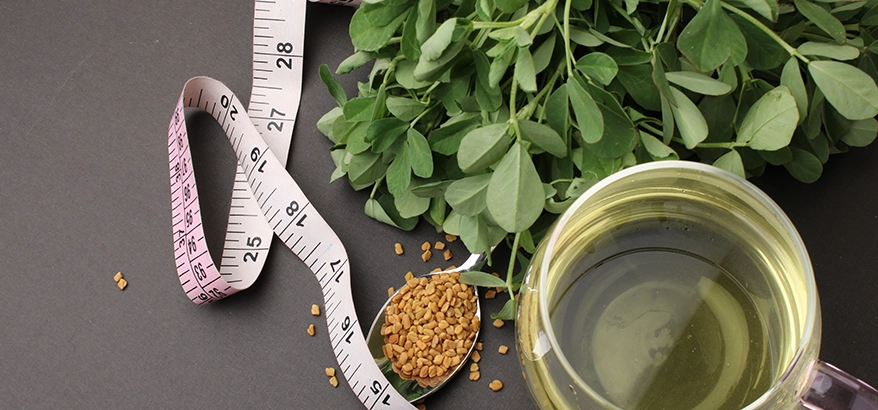
Looking for an effective Ayurvedic remedy for constipation? We’ve got you covered.
Coconut Oil

Taking a spoon or two of coconut oil every day can help lubricate your intestines to ease bowel movements. Use virgin coconut oil. For babies, you can use Coconut oil to do a tummy massage circularly to relieve constipation.
Figs
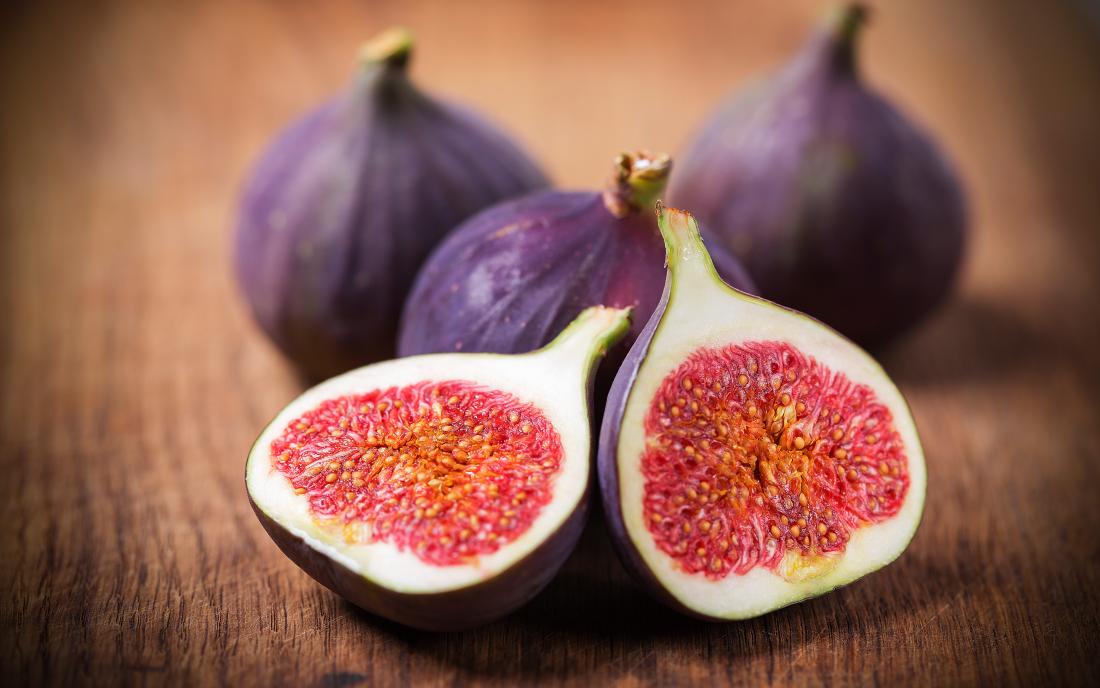
Also known as Anjeer, figs are one of the excellent constipation remedies with their high-fiber content. Figs can improve digestion and prevent constipation after being soaked in warm water. Figs are safe for babies above six months of age. You can feed them pureed dried figs and see the results overnight.
Liquorice root
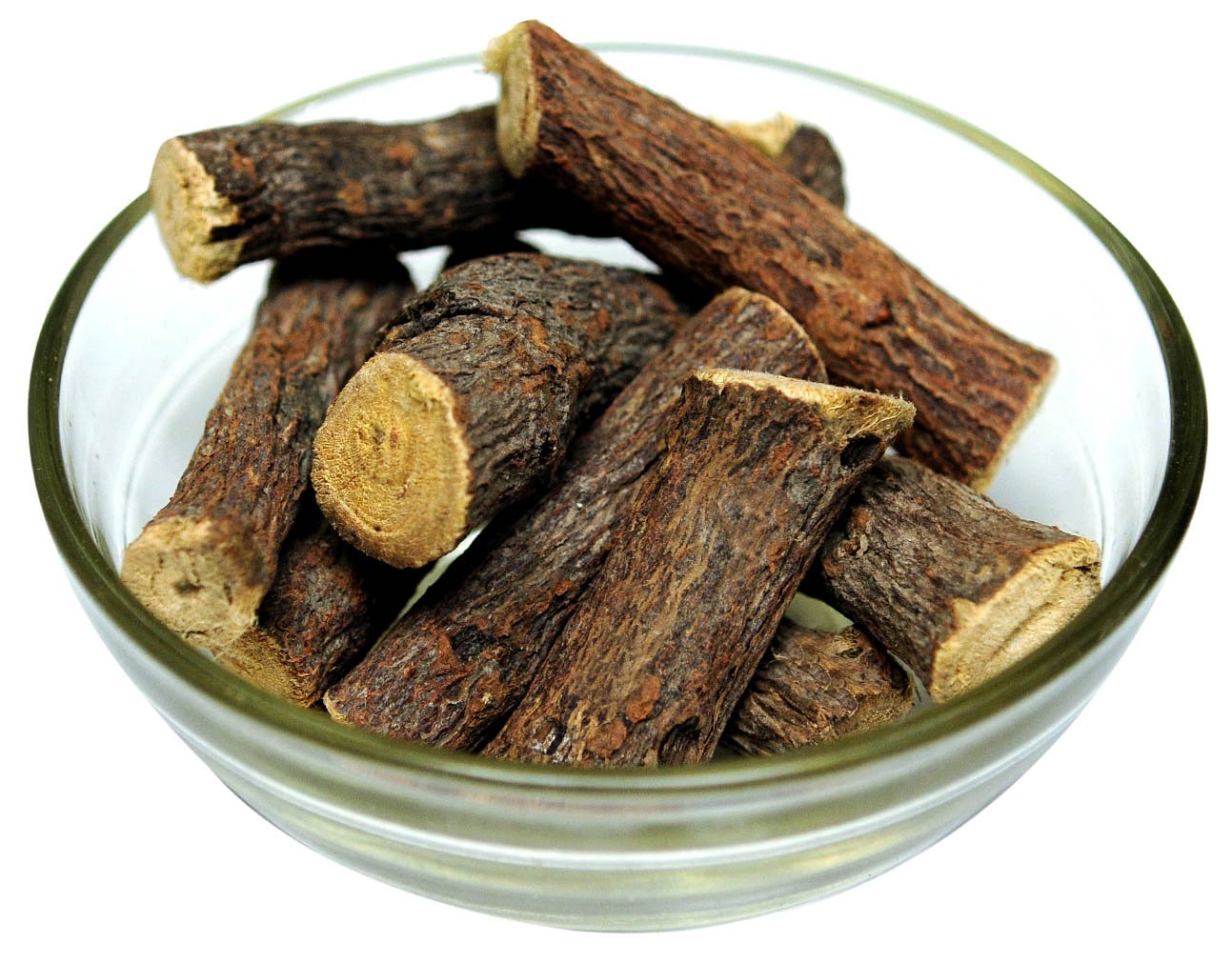
If you are looking for natural ways to relieve constipation, then this is it. Taking liquorice root in powder form with lukewarm water is known to treat constipation and keep your digestive juices flowing.
Instant Indian Home Remedies for Constipation
Ghee
:max_bytes(150000):strip_icc()/what-is-ghee-b7d45427a4064055a4b3d920cf6c22a1.jpg)
Try adding ghee to your diet to help as it is a natural laxative that helps cleanse your colon. Warm about 200 ml water and add a tablespoon of ghee to it. Drink this first thing in the morning to help ease your constipation.
Ginger Tea

Ginger tea is a staple beverage loved across Indian households. Drinking ginger tea in the morning induces bowel movement and treats constipation. Ginger tea is an effective and instant Indian home remedy for constipation with little-to-no side effects.
Raisins, and prunes
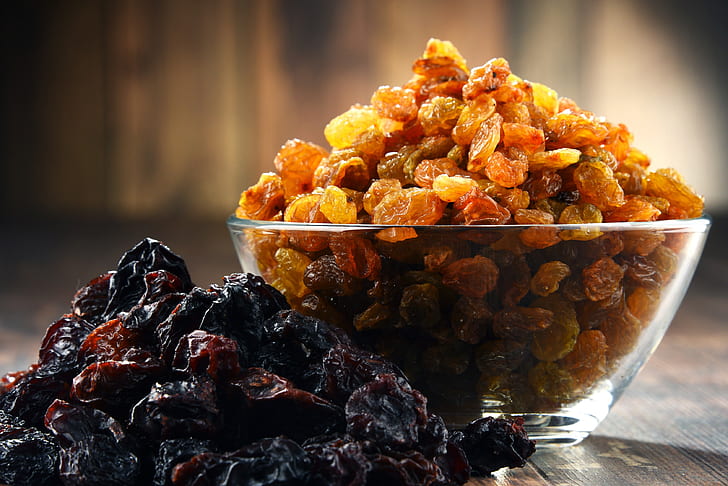
These easily available healthy snacks are a rich source of fibres. Soak a handful of raisins in water at night and consume this first thing in the morning. Prunes have natural sugars called sorbitol that have a laxative effect. It is the best remedy for babies- you can give them prunes as soon as they start solid foods. Do not give whole prunes to babies. Soak it overnight and mash well before feeding.
Porridge
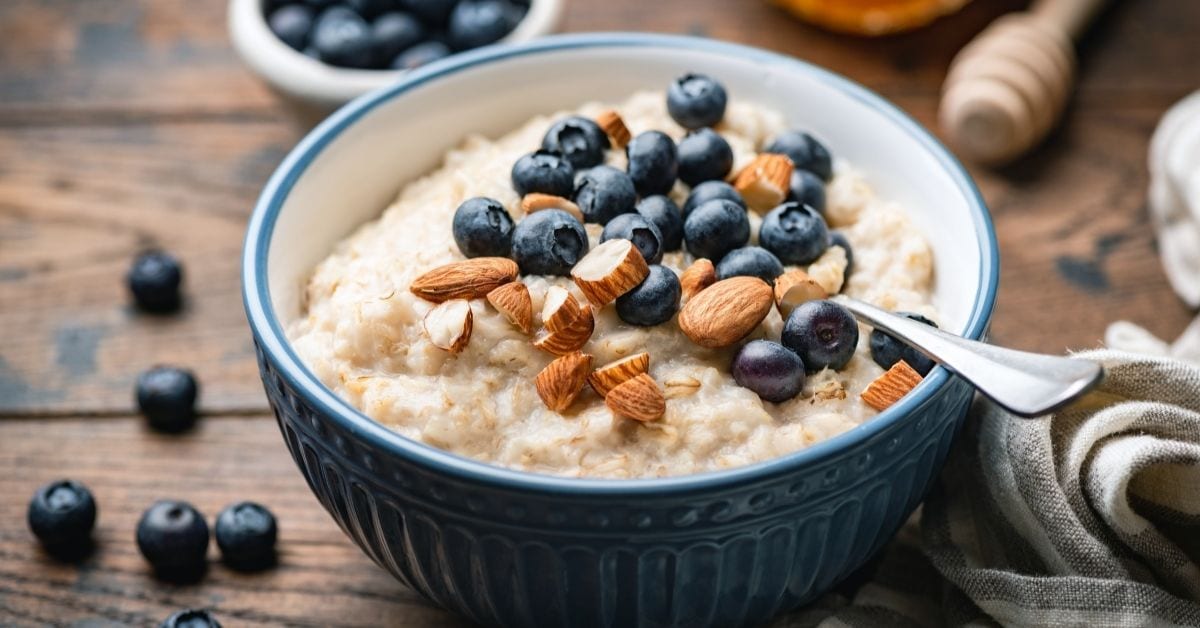
A bowl of porridge prepared in milk is an excellent laxative that treats mild symptoms of constipation. If you haven’t emptied your bowels in a couple of days, a hot serving of porridge should do the job.
Conclusion
Constipation can spoil your morning and the rest of the day, every day. If you don’t see any improvement with home remedies for severe constipation, choose from various natural remedies for constipation at Kerala Ayurveda and get your life back on track.
Key Takeaways
Constipation is characterized by fewer than three bowel movements in a week or passing hard stools. It is a common condition among all age groups. Not drinking enough water, lack of physical activity, a diet lacking in fiber, and certain medications increase your risk of developing constipation.
- To your respite, constipation can be treated with Ayurvedic medicines, such as Abhayarishtam, Triphala Tablet, Laxinol-H capsule, etc. Balakalpam may help ease constipation in kids.
- Some home remedies like ginger tea, coconut oil, figs, licorice root, porridge, etc., can relieve constipation.
- Consuming warm water early morning, physical activity, and a wholesome diet can help prevent constipation.
- A massage, hydration, and pureed prunes can help relieve constipation for babies.
